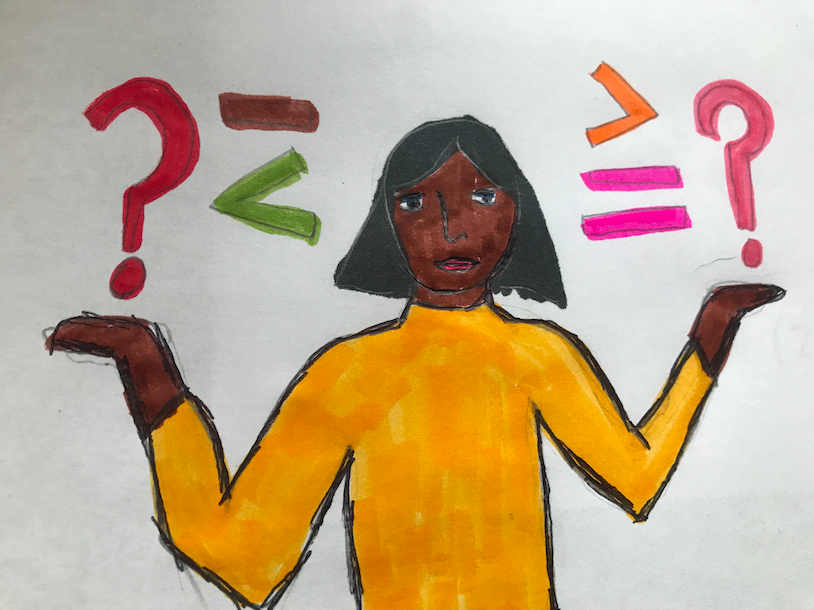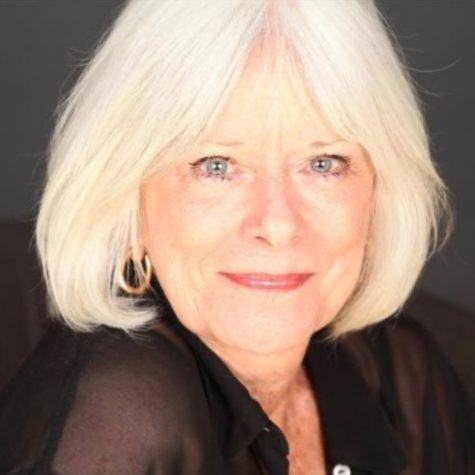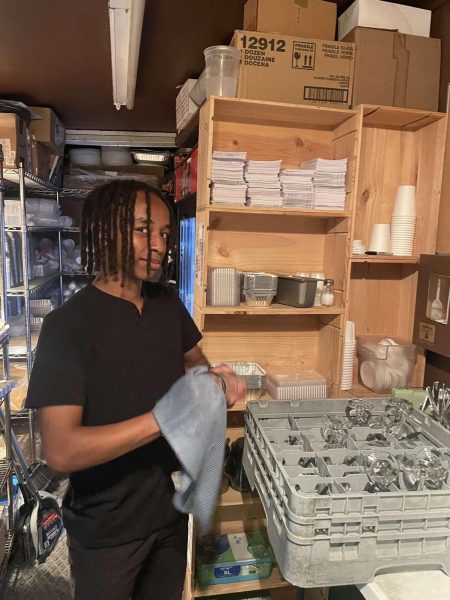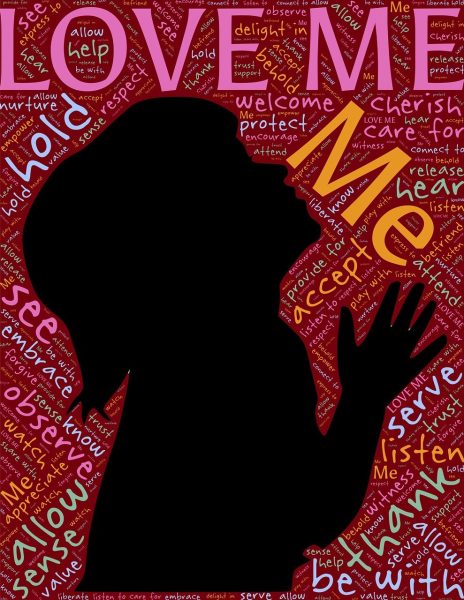Is Their Article Better Than Mine?
How Comparison Shapes Our Everyday Lives
Comparison seems to be hardwired into our brains –whether it’s comparing assignments, clothes, or even people, humans are quick to make assumptions.
I turn on the TV as I casually lay down on the couch, my homework on the table and the news in the background. I see Greta Thunberg receiving another award, a little boy who saved his family from a fire, and a young girl who has started her own business.
I should be happy for them, and to an extent I am, but I’m also left discouraged. Here I am, calculating cosine and tangent, instead of saving the world.
I should be fighting for my future, paving my own path, not sitting here in a flurry of geometry and earth science, eating cheese puffs and watching other people succeed.
How can I not be overwhelmed by the fact that I play a part in the world and what the future will and won’t look like?
I guess I spend a lot of time trying to be a “good” person. I pick up trash, try to be kind to people, learn about the world, protest, use less plastic. Yet all of this good behavior, all of this time and effort and work, seems useless when I see someone doing it 10 times better.
I am hit with a crisis of comparison. A big part of American culture centers on comparison. Her waist is smaller than mine, therefore, I must eat less. Their house is bigger than mine, therefore, they have done better in life.You might be proud of yourself when you get an 80 on a test, but when you look over and see your friend got a 90, suddenly your accomplishment seems insignificant. Even though, in reality, these comparisons aren’t as simple as a cause and effect relationship.
This mindset is harmful and has become embedded in our everyday life. But why are we naturally drawn to this nature? How can we go from being proud of ourselves to, with little more than the cognizance of another person’s accomplishments, being frustrated, angery, and disappointed?
These are not new questions. In the 1950’s Leon Festinger set out to answer them – to learn more about humans’ drive to compare themselves to others. He published his studies in a book called Social Comparison Processes, in which he stated, “there exists, in the human organism, a drive to evaluate his opinions and abilities.”
One thing he pointed out was that when we compare ourselves to others, we can be pressured into mimicking them. We’re inclined to lower the difference between the two people, causing everyone to appear to think the same way.
This is a harmful way of thinking because if we want to flourish as a society, we need everyone’s unique ideas.
According to Festinger, humans make two types of comparisons: Downward and Upwards. Downwards Comparisons are when we contrast us with someone we think is worse than us. Upwards comparisons contrast us with someone we think is better than us.
Both have positive and negative outcomes. Usually Downward comparisons are used to make us feel better about ourselves, while Upwards usually spawn out of self pity or anger.
I talked to Mrs. Baird, our ninth grade English teacher about the effects of comparison. She told me that the intense need to compare each other seems to have many negative effects in her classroom, especially for the more timid students.
She says she notices that many of the kids are so afraid of being wrong and being judged that they never share their answers or opinions. In highschool, she elaborates, there is a lot of pressure to achieve perfection- to avoid making mistakes at all costs.
Although, she noted that in her more creative elective class called Writers Workshop, having models to compare yourself to seemed to help them get inspired to write.
When her class is reading a famous poem for example, it acts as inspiration, but when two students are comparing their grades it’s more of a negative experience.
She explained, “There is validation in comparing yourself to others, but most often you feel worse after it.”
Psychology Today offers some tips on how to combat what they call “The Comparison Trap”. First, they advise that you should try to seek connection, not comparison. Instead of looking at people as a way to compare yourself to, try to create genuine human connections, outside of social media. They also recommend that if you are going to compare yourself to someone, it’s best to compare yourself to yourself. If you set goals to beat your own personal best, you will end up motivated instead of disappointed.
So next time you get a paper back with a grade, take a second to appreciate yourself before you turn to your friend to see what they got.











